Japanese Calligraphy, Japanese Culture & Traditions
Easy Ways to Change Your Name in Japanese Kanji
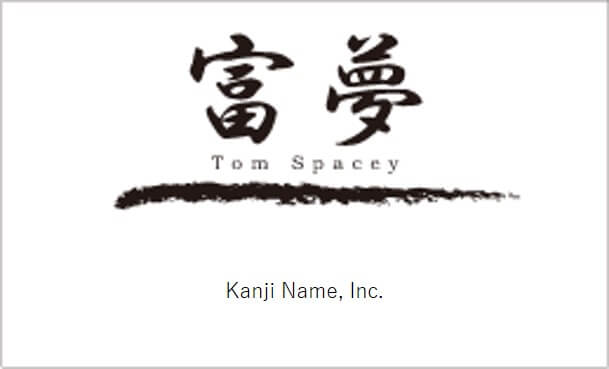
Not small number of immigrants in Japan have Kanji names. Kanji is a symbol of Japanese writing characters. Its exotic and complicated appearances are sometimes popular among tourists, visitors or Japan lovers. In this post, I’ll introduce how to convert your English name to Kanji.
Table of Content
Why Do Immigrants Write Their Names in Japanese?
Important Points to Choose Your Kanji: some characters have inappropriate meanings
Way To Choose Your Kanji Name 1 – Name After Well-known Japanese
Way To Choose Your Kanji Name 2 – Ask For Your Japanese Friend
Way To Choose Your Kanji Name 3 – Use Some Application or Web Service
Why Do Immigrants Write Their Names in Japanese?
Not only immigrants but also long-term residents in Japan have to write their names in many cases: applications, public office processes, and so on. Having said that, not all of them are not necessarily write their names in Kanji. First, let me explain how they convert their names in foreign characters to Japanese ones.
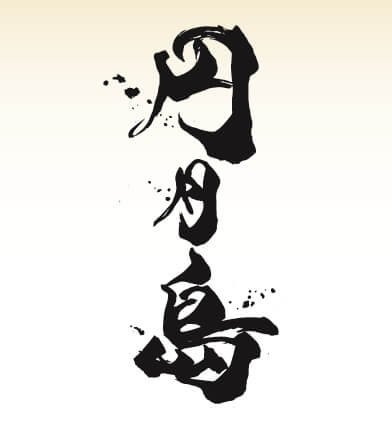
Generally speaking, people who have English names write their names in alphabets. However, alphabets are not official characters permitted to be written in official procedures in Japan. You cannot use your names in alphabets (as well as other foreign characters) in public offices and driver’s licenses. For this reason, residents in Japan have to learn how to write their names in Japanese characters. However, the characters used generally for these purposes are not necessarily Kanji. Actually, Kanji characters available for public purposes are controlled by the Japanese government; not all Kanjis are not allowed to use; for example, old style Kanjis are already abolished and not permitted to use officially. All Kanji characters available for public purposes can be downloaded from a website of the government. (Download from here if you’re interested)
Having said so, there are approximately 2750 Kanji characters. Furthermore, each character has more than one way of reading, so it’s extremely hard for people from abroad to use Kanji. Therefore, they are supposed to use Katakana characters instead. The number of Katakana characters is only 45, and each character has only one way of reading and pronunciation. So, names of foreigners can be basically written in one way using Katakana.
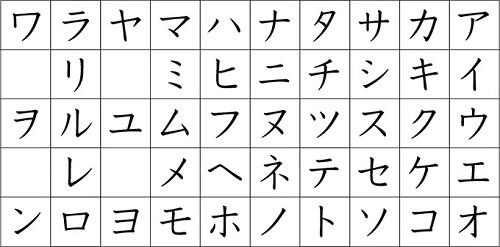
For example, Tom can be written like トム. A famous movie director Steven Spielberg can be written like スティーヴン・スピルバーグ in Katakana. Practically, there’s no reason to have kanji names in addition.
On the contrary, however, Japanese have two forms of writing names: Kanji and Hiragana, another symbol of Japanese characters. Hiragana for Japanese is equivalent to Katakana for people from abroad. That said, most of foreigners have only Katakana names whereas ALL Japanese have both Hiragana and Kanji names. I (Hiro) have both written forms of ひろ in Hiragana and 弘 in Kanji. In official situations, Kanji form is mainly used. Hiragana is only used to clarify how Kanji names are pronounced because, as I said, Kanji generally have more than one pronunciation. Thus, those who from abroad and want to have Kanji form will decide their names in Kanji form. Michael, for example, can be written like 舞蹴 in Kanji form. In this case, how they decide Kanji characters which matches their names? How can you choose your Kanji characters from 2750 in the list? Let’s take a look at this point in next section.
Important Points to Choose Your Kanji: some characters have inappropriate meanings
Before choosing Kanji, let me point out what you have to understand.
1. Don’t Use Kanji Characters That Have Inappropriate Meanings
The most important point when you choose your Kanji is to avoid characters with bad meanings. Because Kanji characters are used as a language, there are some characters that have inappropriate meanings for a name. For example, there are Kanji characters for “rape” and “murder”. If you choose your Kanji without enough consideration, you may choose ones that Japanese never use for a name. Be careful that Kanji has more than one meaning; some of them are tacit knowledge and you’ll hard to find them by yourself.
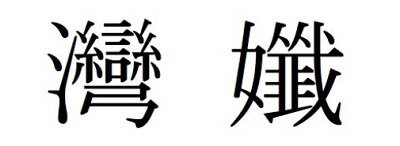
2. Don’t Use Hard to Read Kanji Characters
It is not recommended to use Kanji characters that are hard to read even they look cool in shape. Among 2750 characters of Kanji, some are very hard to read even for Japanese regardless of complexity of shape; some Kanji characters are hardly used even with simple look. It is widely considered that using such Kanji characters is inappropriate when it comes to names. It’s better to follow their custom especially if you’re thinking your Kanji name to show someone.
Knowing these points, you may think it’s hard to choose a Kanji name appropriate for you. Yes, it is. In fact, Japanese take long time to give name to their baby. Choose a best Kanji name in addition to pronunciation to a baby is a difficult task. Sometimes Japanese take weeks or months to decide Kanji names for their babies!
Now then, I’ll tell you several ways on how to choose your Kanji name easily.
Way To Choose Your Kanji Name 1 – Name After Well-known Japanese
In Japan, names have huge variations. Both first and last names varies in more than hundreds of thousands of kinds. Among that huge library, there is one whose pronunciation is quite similar for your name. It’s a great idea that you choose same Kanji of that person’s name.
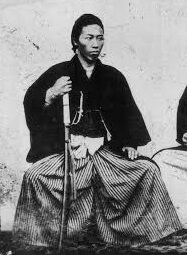
For example, one of my friend Shawin chose his Kanji after a historically well-known person Yoshida Show-in. As you can see these pronunciations are quite alike, he took Kanji of 松陰 (Show-in) as his Kanji name. Yoshida Show-in is a popular person whose accomplishments are well known and evaluated among Japanese, Showin’s Kanji name is really cool and attracts many Japanese by his Kanji name. Actually, some Japanese parents name their baby after historically well-known or popular people.
Way To Choose Your Kanji Name 2 – Ask For Your Japanese Friend
In this international society, you may have some Japanese friends or acquaintances. How about asking them to help choosing your Kanji name? The literacy rate in Japan is the highest in the world, so any Japanese know thousands of Kanji characters. In Japan, people must write Kanji names in voting papers for elections. Checking or circling is not allowed for a vote.
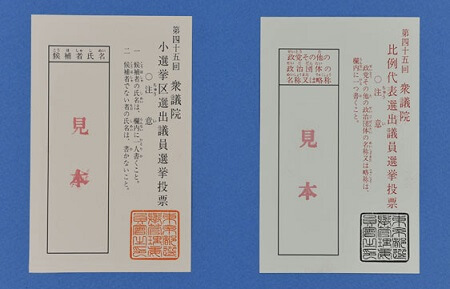
So, any Japanese can help you to choose appropriate Kanji name knowing those points to avoid described above for naming. You can also tell them your preferences; you may want to choose Kanji easy to read; you may want to choose complicated and cool design characters; or you may want to use as many characters as possible. Naming is a fun job, so they’ll be happy to help you!
Way To Choose Your Kanji Name 3 – Use Some Application or Web Service
You may feel troublesome to ask someone to choose Kanji name or choose by yourself. In that case, you can try some application or web service for that. You can easily find some in google. I’ll introduce one for example: KANJI NAME MAKER
In this free application, put your name in a window and they’ll respond in a second to show your Kanji name candidate. Let’s see a result when I put “Steve”.
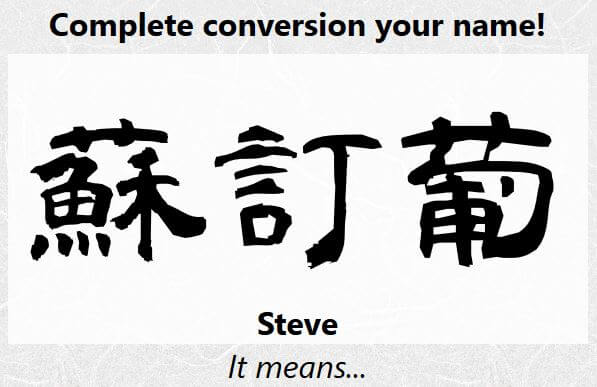
As you see, it shows a Kanji name of Steve with meanings of each Kanji character. What I feel about their Kanji candidates, however, is not nice to be honest. Characters of Steve is not popular ones for people’s names, and none of them have good meaning or impression. Those characters selected mechanically may be different from ones chosen by people putting their heart in it. I personally feel it’s better that people decide people’s name.
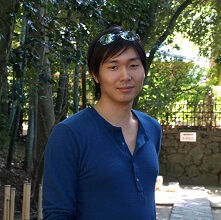
Author - Hiro
Lived in Kyoto in school days, I was impressed by profundity of history and tradition of the city. Had a job to join the three major festivals of Kyoto: Aoi, Jidai and Gion festivals. Love Kyoto and Japanese culture.
Manager of OrientalSouls.com, selling items of Japanese culture, tradition and craftsmanship. I'll introduce interesting information about Japan!

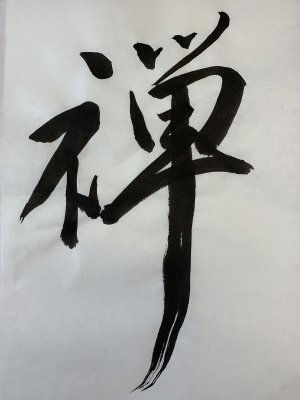
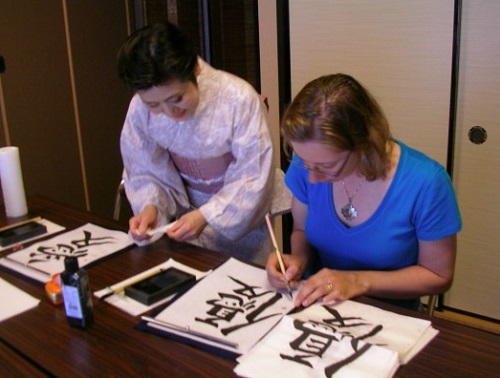
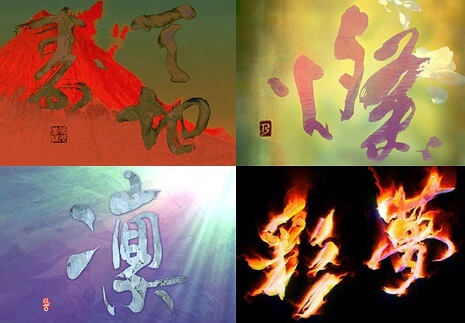
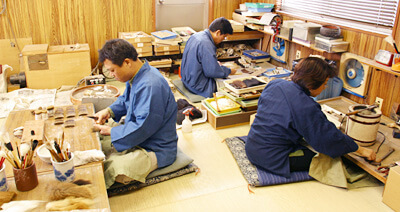
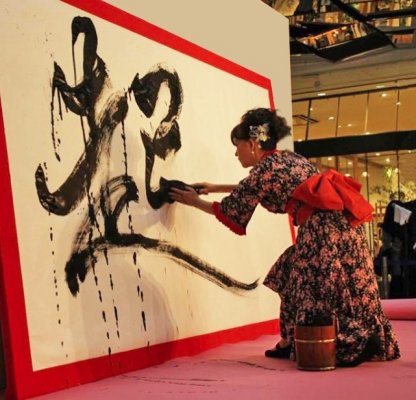
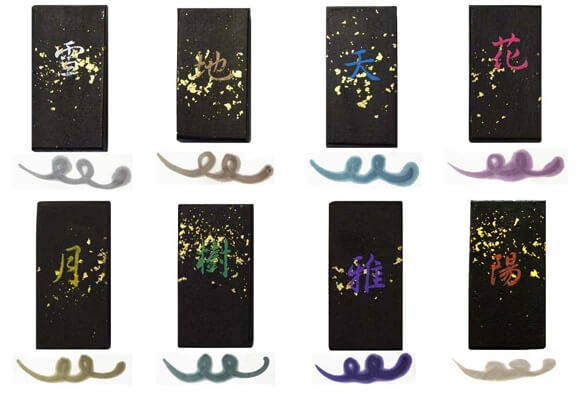
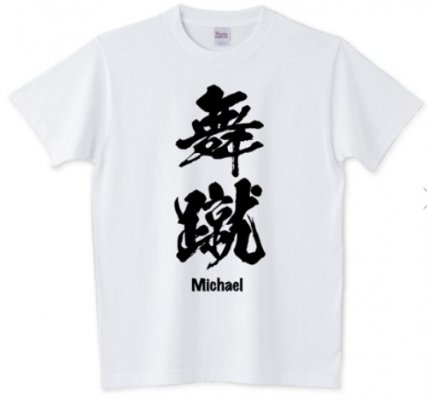
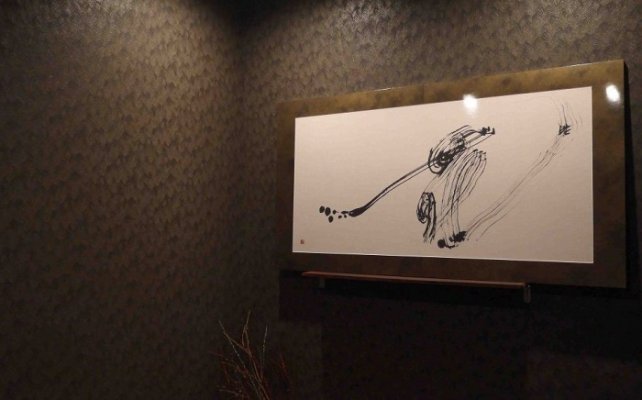
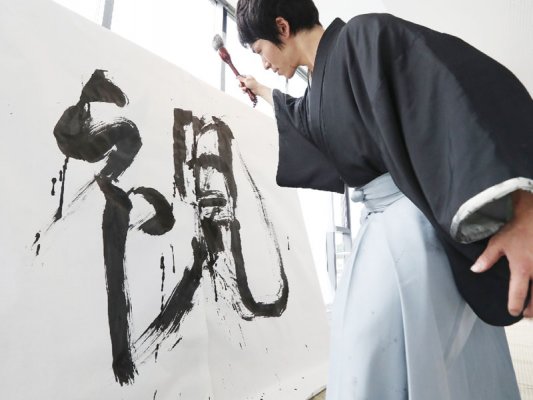
About Orientalsouls.com
Learn and Buy Japanese Craftsmanship, Tradition & Culture
OrientalSoul.com is the online shop where you can buy traditional crafts of Japan.
We only sell selected authentic products in which true spirits of Japanese craftsmanship exist.
You may be able to find similar products in other shops for lower prices. However, we sell products based on fair prices that worth labor and value of experienced craftsmen.
In addition, we introduce stories about product history, how a product is made, what makes it different from others, and how the product enriches your life!